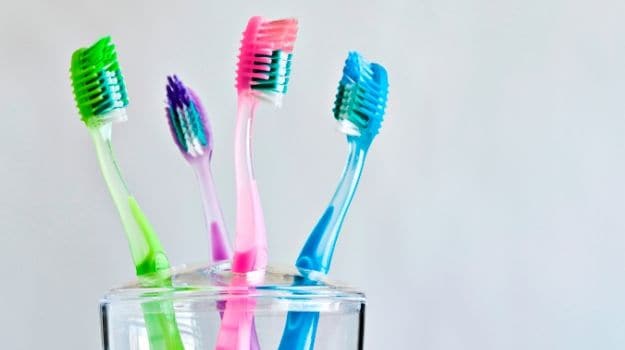In one of the latest medical discoveries, researchers from the University of Michigan have discovered a link between arginine consumption and dental health. Arginine can help in breaking down the plaque which could help millions of people avoid cavities and gum disease.
"This is important as bacteria like to aggregate on surfaces to form biofilms. Dental plaque is a biofilm," said one of the researchers Alexander Rickard, assistant professor at the University of Michigan.
"Biofilms account for more than 50 percent of all hospital infections. Dental plaque biofilms contribute to the billions of dollars of dental treatments and office visits every year in the United States."
Dental biofilms are culprits in the formation of dental caries (cavities), gingivitis and periodontal disease.
The amino acid is already widely used in dental products for tooth sensitivity. Arginine stops the formation of dental plaque. Most other methods for dental plaque control involve use of antimicrobial agents, such as chlorhexidine, which are chemicals aimed at killing plaque bacteria, but they can affect the sense of taste and stain teeth.
Antimicrobial treatments have been the subject of a debate about their overuse in recent years.
Pending further clinical trials to verify their lab findings, the researchers said L-arginine is a potential agent that could one day replace the chemical substances currently used in dental plaque control methods - like plaque-controlling biocide substances including chlorhexidine and other antimicrobials.
The study appeared in the journal PLOS ONE.








